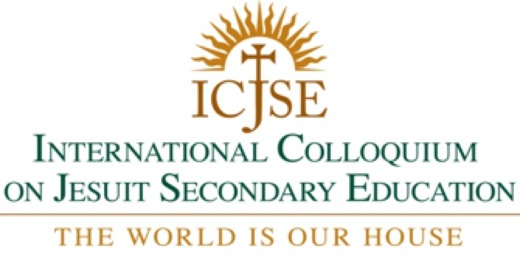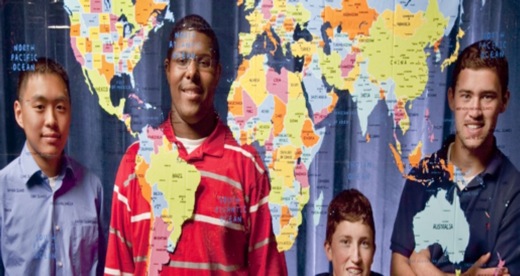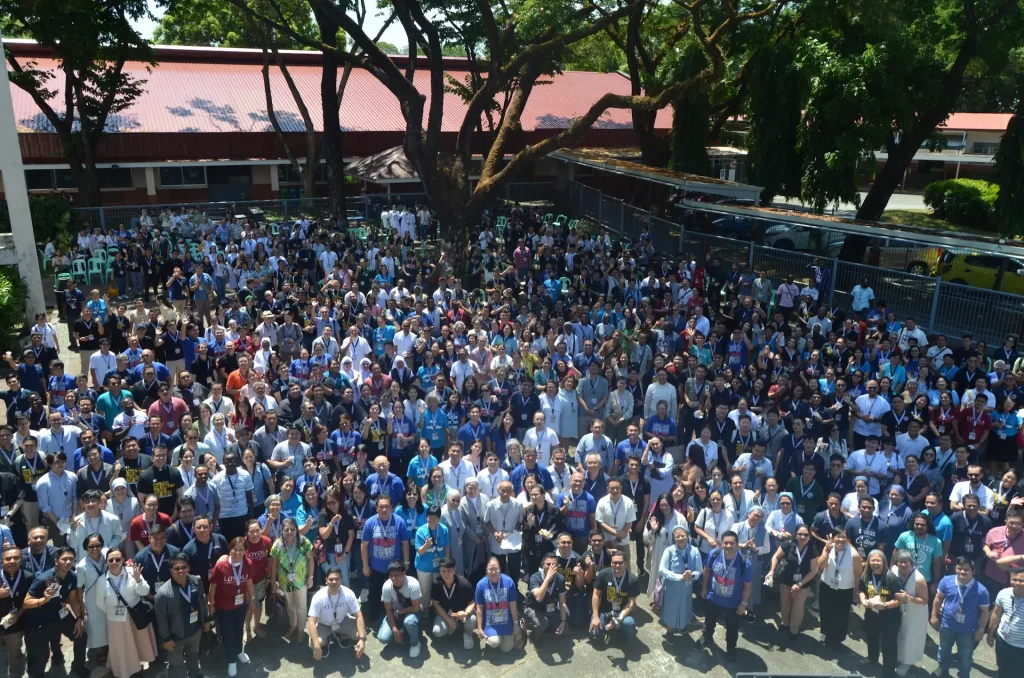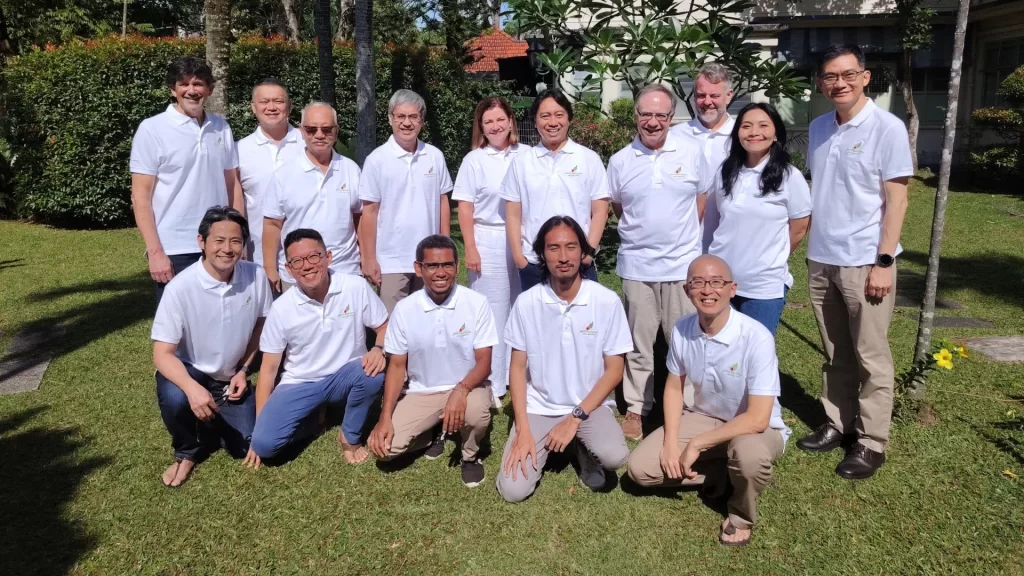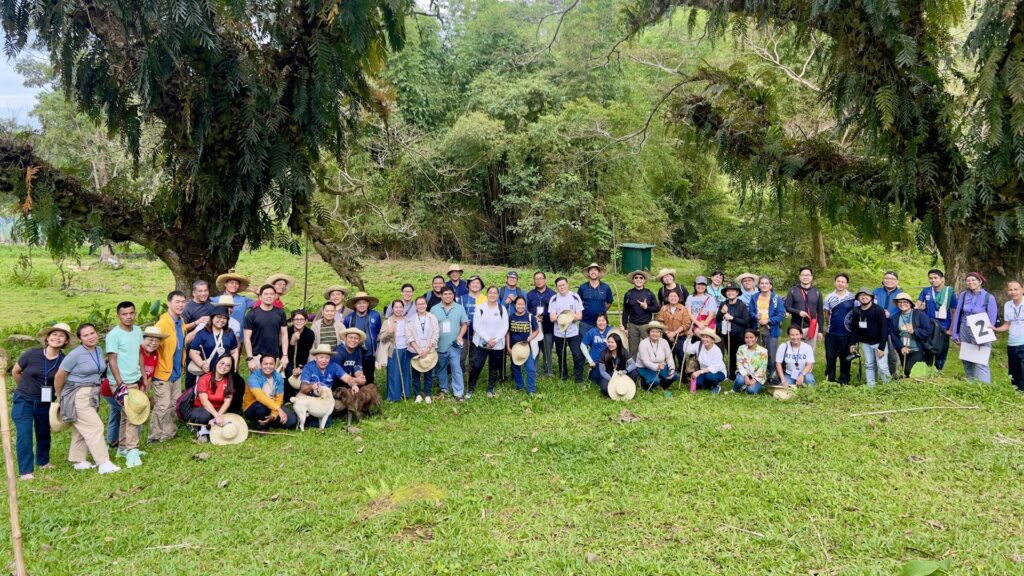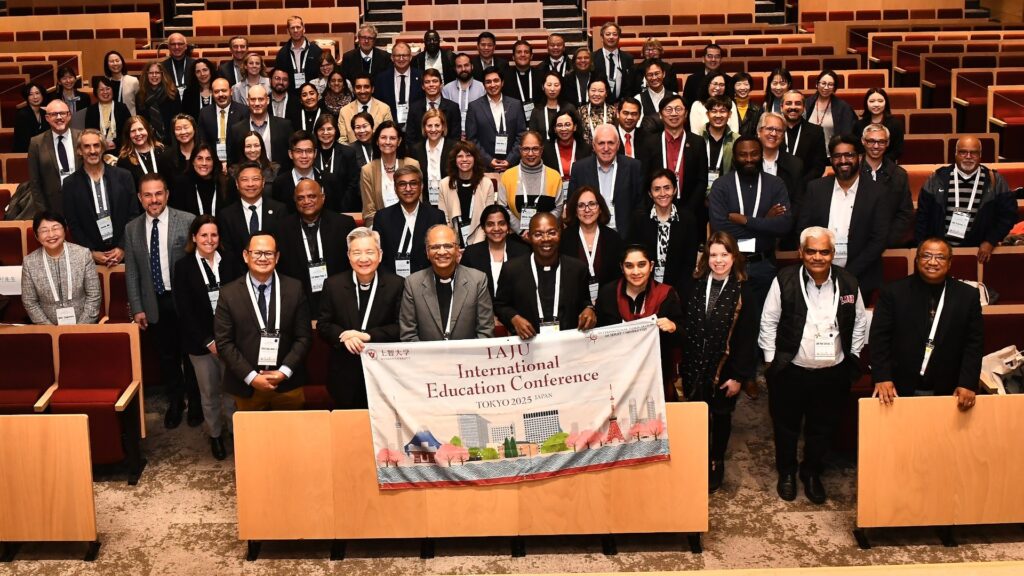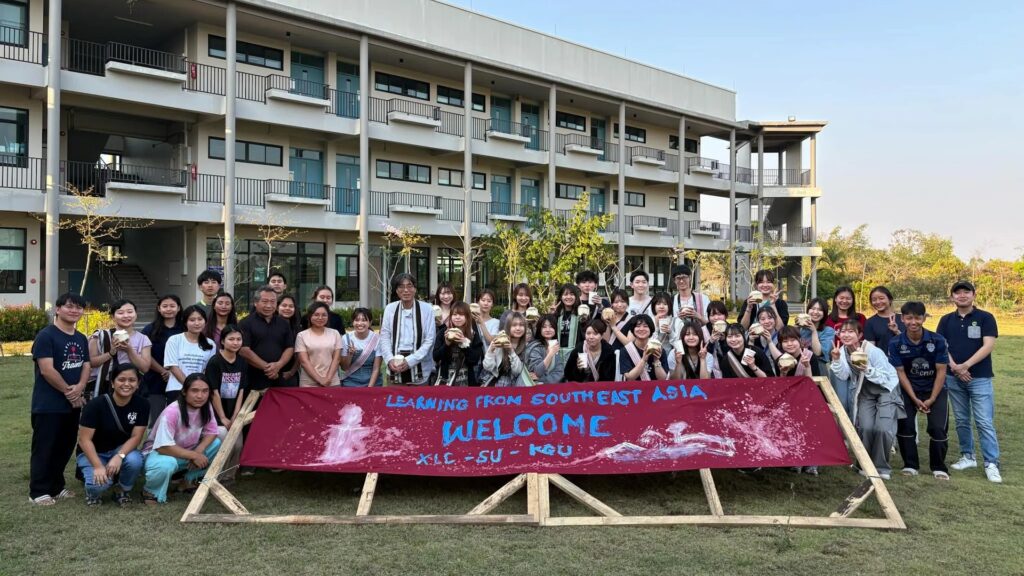For the first time in the history of the Society, Jesuit educators across of the world gathered for an International Colloquium on Jesuit Secondary Education. The intent of the Colloquium was to strengthen the network by providing a platform to share ideas, discuss common strengths and challenges, examine our Jesuit mission and identity, and focus on how Jesuit school educators can prepare students to become global leaders. Australian Jesuit Fr Quyen Vu, who has been missioned to work on the education project in Timor Leste, reflects on his experience.
It took us two days to cross the Pacific Ocean, travelling over 16,000 km to get from Dili to Boston for the International Colloquium on Jesuit Secondary Education. The journey was “an amazing race” for us as we went from one airport to another and transited from one terminal to another. After three changeovers – Darwin, Sydney and San Francisco – and two arduous days of traveling, we finally arrived in Boston at midnight on Sunday July 29 and checked into our rooms at Boston College early that morning, the day the Colloquium began.
With 400 participants from 61 countries across the globe and the option to participate in three languages, English, French or Spanish, the Colloquium felt like the Olympics of education.
The speakers gave wonderful presentations and there were many opportunities for the participants to mingle, communicate, and share experiences in the education apostolate. The most amazing aspect of the Colloquium was that although the participants came from many different countries, each with their own cultures, customs and languages, we all shared the one common vocation – the formation and transformation of lives of millions of young people.
What a blessed event this was for us to gather to reflect on, share experiences, tell stories and dream dreams for the future generations of our world. There are lots of challenges facing us educators in the twenty first century, including the impact of technology on learning and the effect this will have in the classroom; the “superficiality of modern culture” in the digital age of multi-media and the virtual world of social networking that are plaguing our society; the culture of materialism and individualism that is spreading across physical and geographical boundaries, traditions, languages, and race. No matter where one is in the world these days, these are growing at great pace and affecting the ways in which people relate with one another whether it be in school, in church, in local communities or in the family.
One cannot ignore what is happening. The culture of materialism and individualism has to be addressed first with education and in the schools. As educators, we have the wonderful opportunity to address, analyse, reflect, discuss, raise awareness and challenge our students to live in such a culture and still see beyond themselves and act for the greater good.
Despite the many challenges raised at the Colloquium, there is also hope. We as educators share a common mission, that is, the task of transforming the lives of future generations. We have the task of preparing them for what is to come by providing them with the best tools to tackle future problems with great zeal. There is hope in humanity and when we come together we can see solutions and answers much more easily. There will always be challenges. They existed many years ago, they continue to exist today and they will exist in the future, although in a very different context. Human beings have been able to address and overcome them over the years with education and in the process we have transformed the world we live in with, for example, transportation, technology, and communication.
Our mission is to find ways to address the new and different challenges we face today, wisely, with the use of education. Education is key to addressing all future challenges and when young people are well equipped they will be able to come up with better solutions and answers. However, this must begin with the educators, with those who have the heart, desire and passion to make a difference in the lives of the twenty first century learners.
There is great hope in our younger generation, and this Colloquium has allowed us to come together to begin to discern how we can better address some of the challenges Jesuit educators face in common in today’s world.
The most important learning for me at the Colloquium is that we as Jesuit educators can help each other face new challenges better through collaboration and networking. When we collaborate and work together nothing is impossible.
Held from July 29 to August 2, 2012, the five-day International Colloquium on Jesuit Secondary Education offered the 400 Jesuit educators in attendance with over 50 workshops addressing topics related to Jesuit education, discussion opportunities and keynote talks. Speakers included Jesuit Father Jose Alberto Mesa, Secretary for Secondary and Pre-Secondary Education for the Society of Jesus, and Jesuit Father Federico Lombardi, director of the Holy See Press Office. For more information about the Colloquium, visit icjse2012.blogspot.com.

